7 Plants That Will Actually Keep Ants Away
Ants may seem harmless, but anyone who has had an ant problem, indoors or out, knows what a nuisance they can be. Often as their presence increases outside, they can find their way into homes and basements through cracks in the foundation especially when the weather warms up. Most home and garden owners will deal with an ant problem at one time or another. It’s an issue I deal with every summer at my home.
While there are numerous sprays and powders on the market known to kill ants, many of these are toxic. In households and gardens with children or pets, it can be especially beneficial to find natural alternative treatments to remedy the problem. Ant repellent plants provide a safe and effective alternative to many of the toxic remedies available. Below are seven of the best known ant repellent plants, as well as some of their additional benefits and uses.
1) Garden Mint
Garden mint has a strong aroma that while pleasant in cooking and teas, is disliked by ants. The plant can grow in excess of 18″ high and 12″ wide. It is an excellent source of ground cover as the roots spread underground to encourage the growth of new sprouts. Due to the aggressive growth habit of garden mint, it is not recommended in a garden, but along walls, under windows, or in large pots, it can be an excellent way to halt an ant invasion from coming into your home.
2) Lavender
Lavender has long been hailed for its delicate appearance, aroma, and relaxing properties. Although one of the most popular perennials with humans, ants tend to avoid lavender plants due to the pungent aroma secreted from the plant’s natural oils. This plant is extremely versatile as it is known for its lovely scent, delicate appearance, aromatic oil potential, as well as its ant-repelling properties. The plants can grow very high, so plan out your garden accordingly. People have also been known to incorporate the lavender flowers into their cooking for a delicate flavor boost.
READ: 11 Mosquito Repellent Plants You Need For Your Home
3) Rosemary
Rosemary is adored by cooks for its culinary prowess, but many gardeners also plant it to repel ants from the home or rest of the garden. It is recommended to plant it in borders, in flower beds, in pots on patios and entrances to keep the ants away from the home. As an added bonus, it can be harvested and dried for current or future herb use.
4) Garlic
Perhaps one of the most popular plant choices when it comes to pest control, garlic has long been hailed for its pungent aroma. Garlic is a member of the onion family and is also known for its immune-boosting properties. From vampires to ants, the strong scent is a powerful one. Not only is this an effective ant repellent, it can also be harvested and used in a number of dishes.
READ: 9 Fool-proof Ways to Take Care of Indoor Succulents
5) Thyme
Thyme is known for its love of the sun and its slow growth habits. The aroma is not pleasing to ants, and as it spreads steadily, it can be a good choice along borders and in gardens where it is wanted back year after year. Its delicate flowers are lovely to behold, and the herb is versatile in the kitchen.
6) Common Yarrow
Common yarrow is effective in staving off flies, beetles, and ants. It is a perennial that can grow 10″ tall and 16″ wide. Its flowers can also be used in dried floral arrangements or potpourri.
7) Tansy
Tansy, also known as ‘Golden Buttons’, has appealing tiny clusters of yellow blossoms. The plant’s oils act as a natural deterrent for garden pests like ants. It does have aggressive growth habits and can reach as high as four feet and a foot-and-a-half wide. Tansy is also known for its antibacterial and fungicidal properties. Before you plant this hardy perennial in your garden, be sure its location can allow for a lot of growth.
Before those ants start marching one by one into your home, consider using some ant repellent plants outside to keep them away from the home’s foundation. It is also a good idea to locate them alongside plants and flowers, like peonies, that are particularly vulnerable to ants to offer them some protection.
Once ants make their way into homes, the problem escalates as people rarely want to use the kinds of toxic remedies recommended for ant removal inside the home, especially when children and pets are present. Doing some due diligence beforehand when planning your garden and including some versatile plants known for their ant repelling potential is an excellent preventative measure.
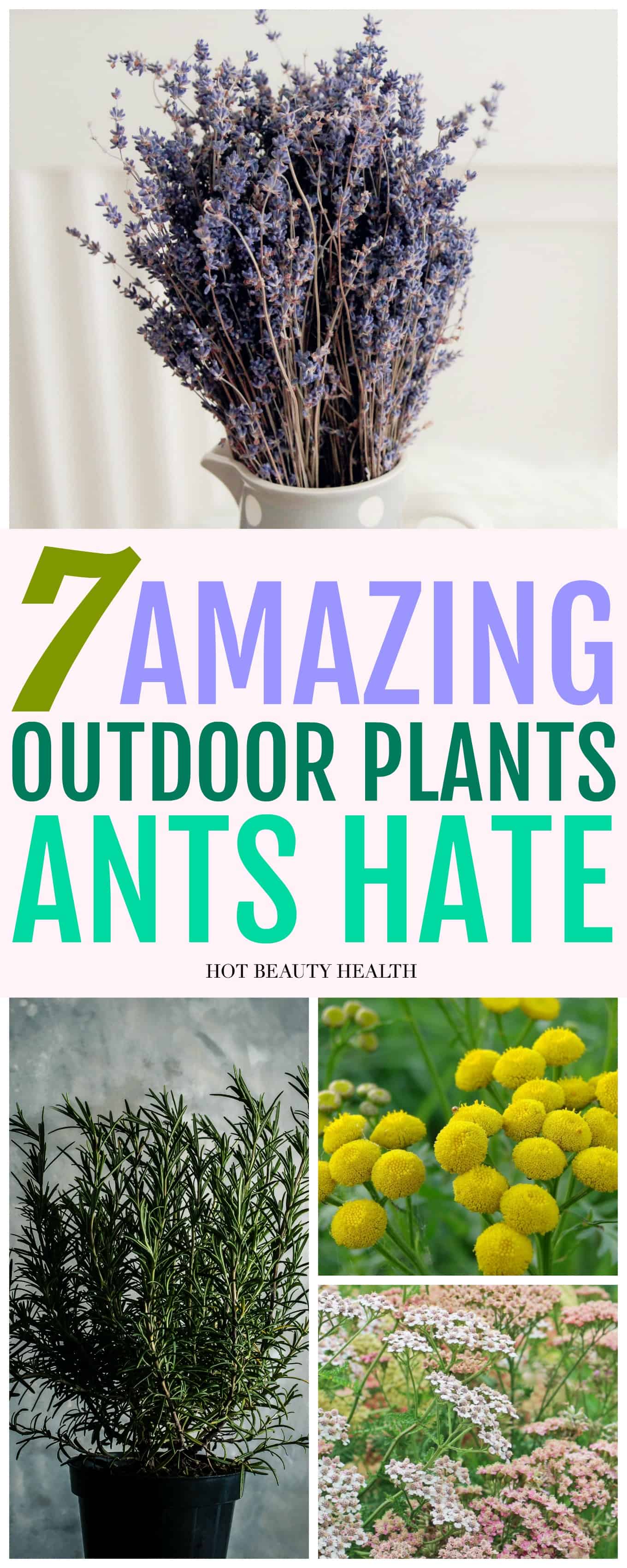
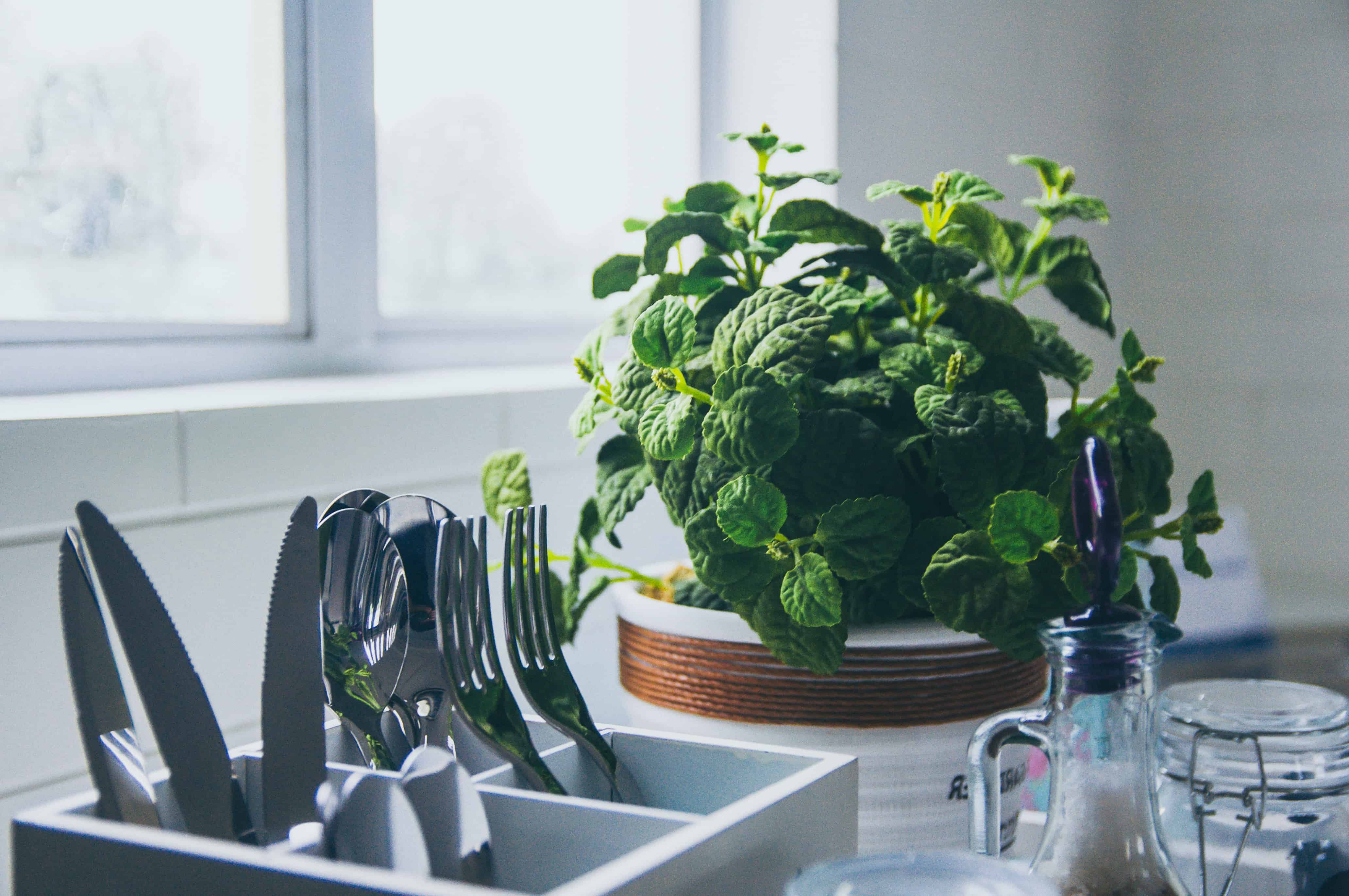
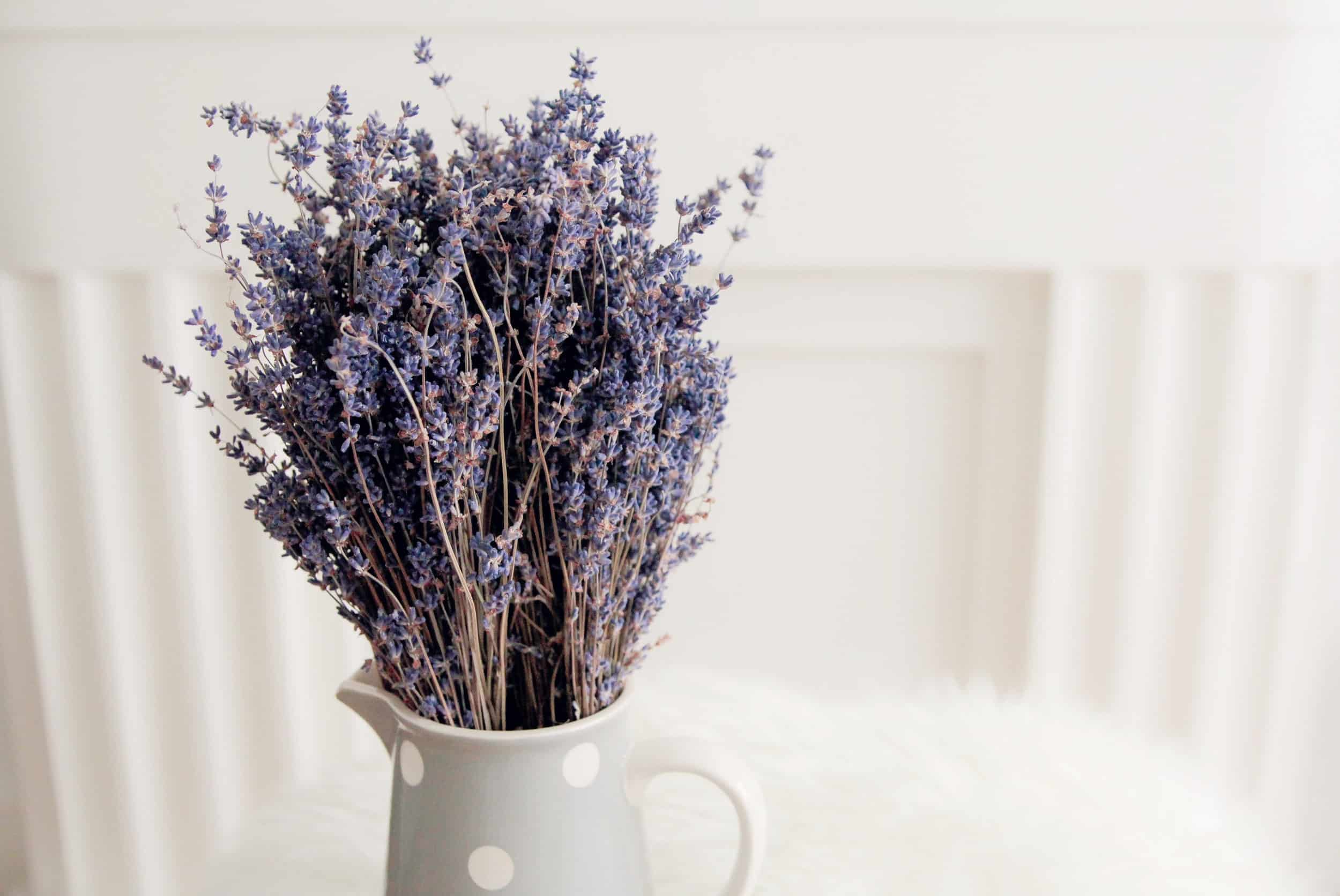
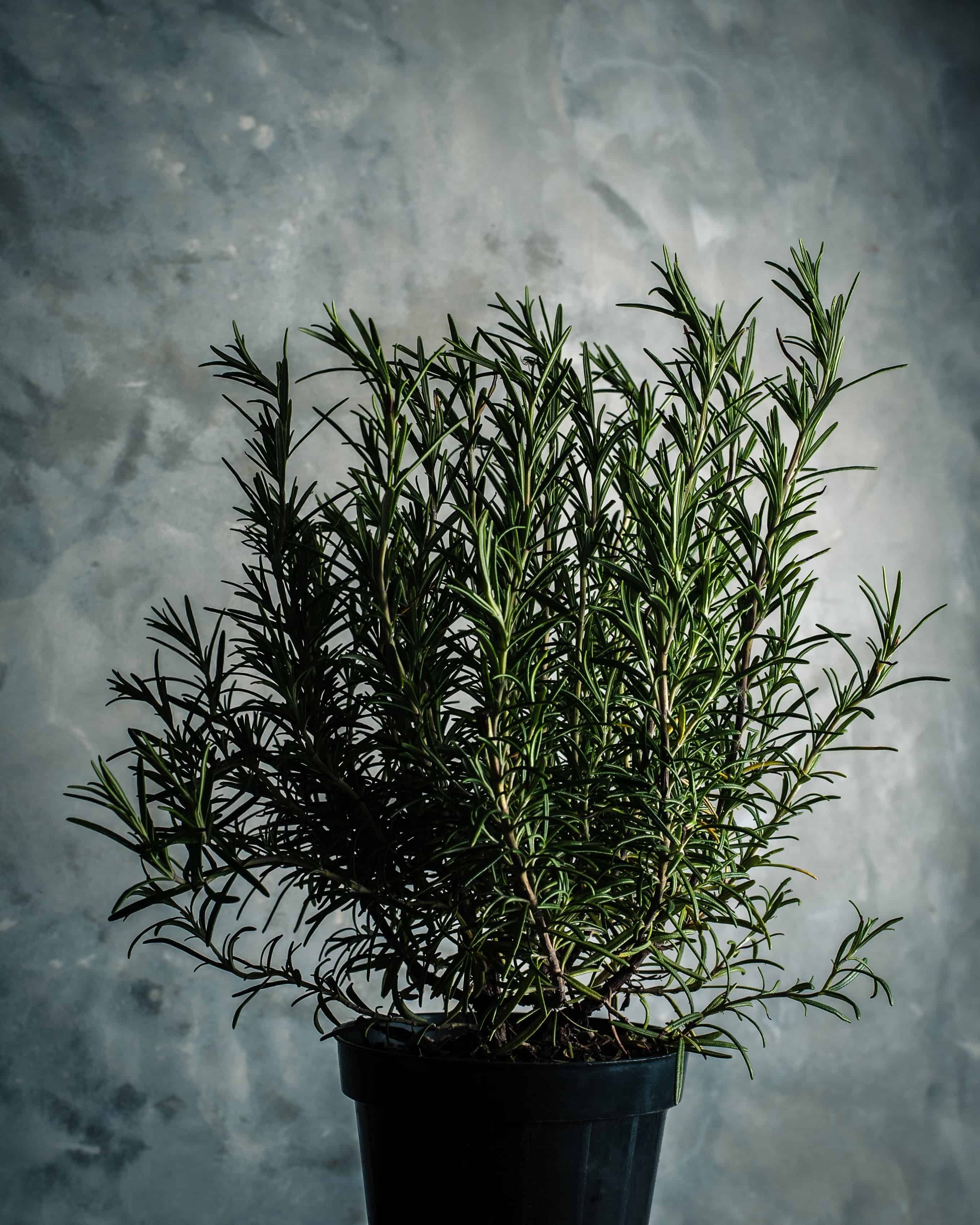
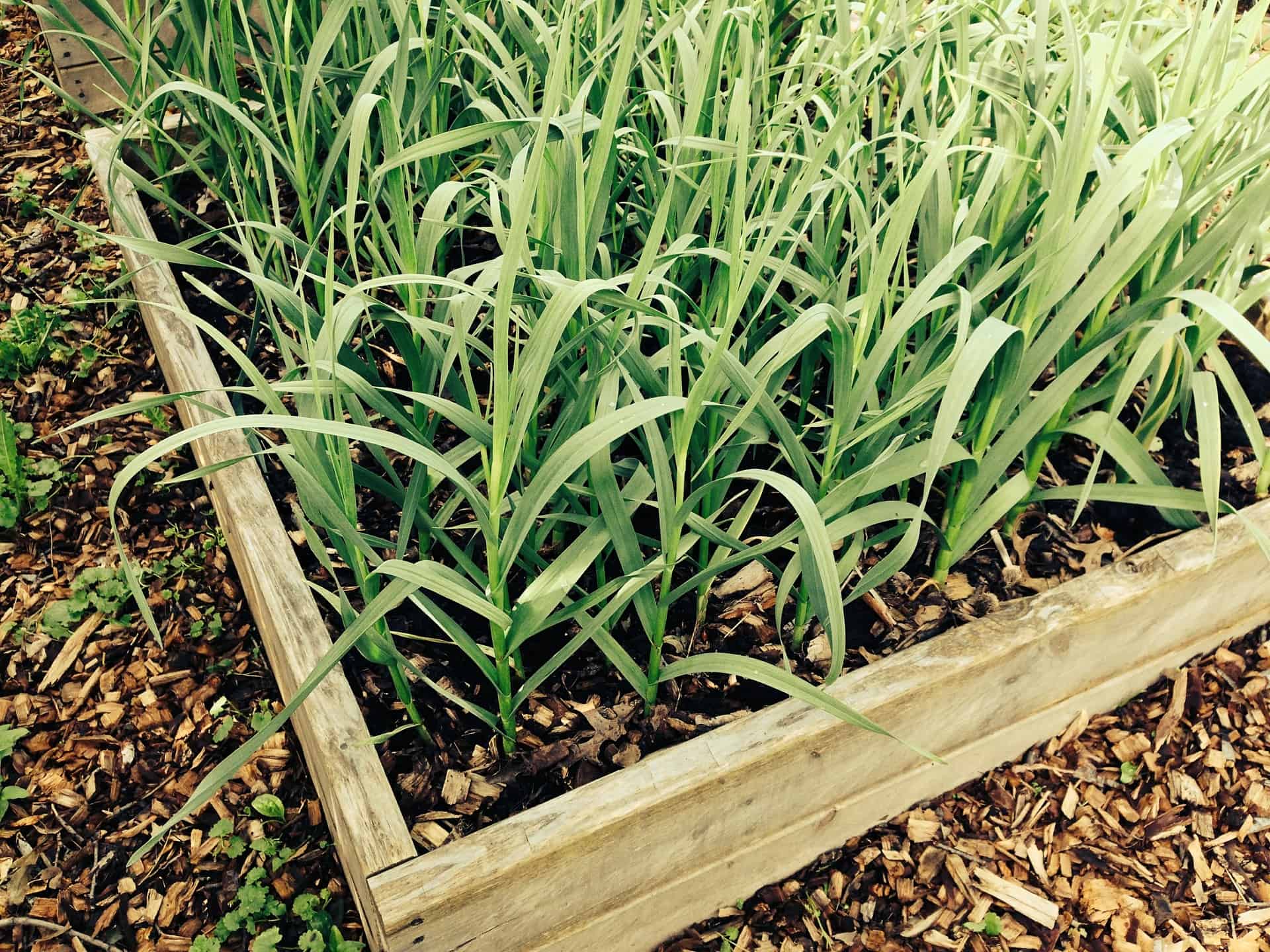
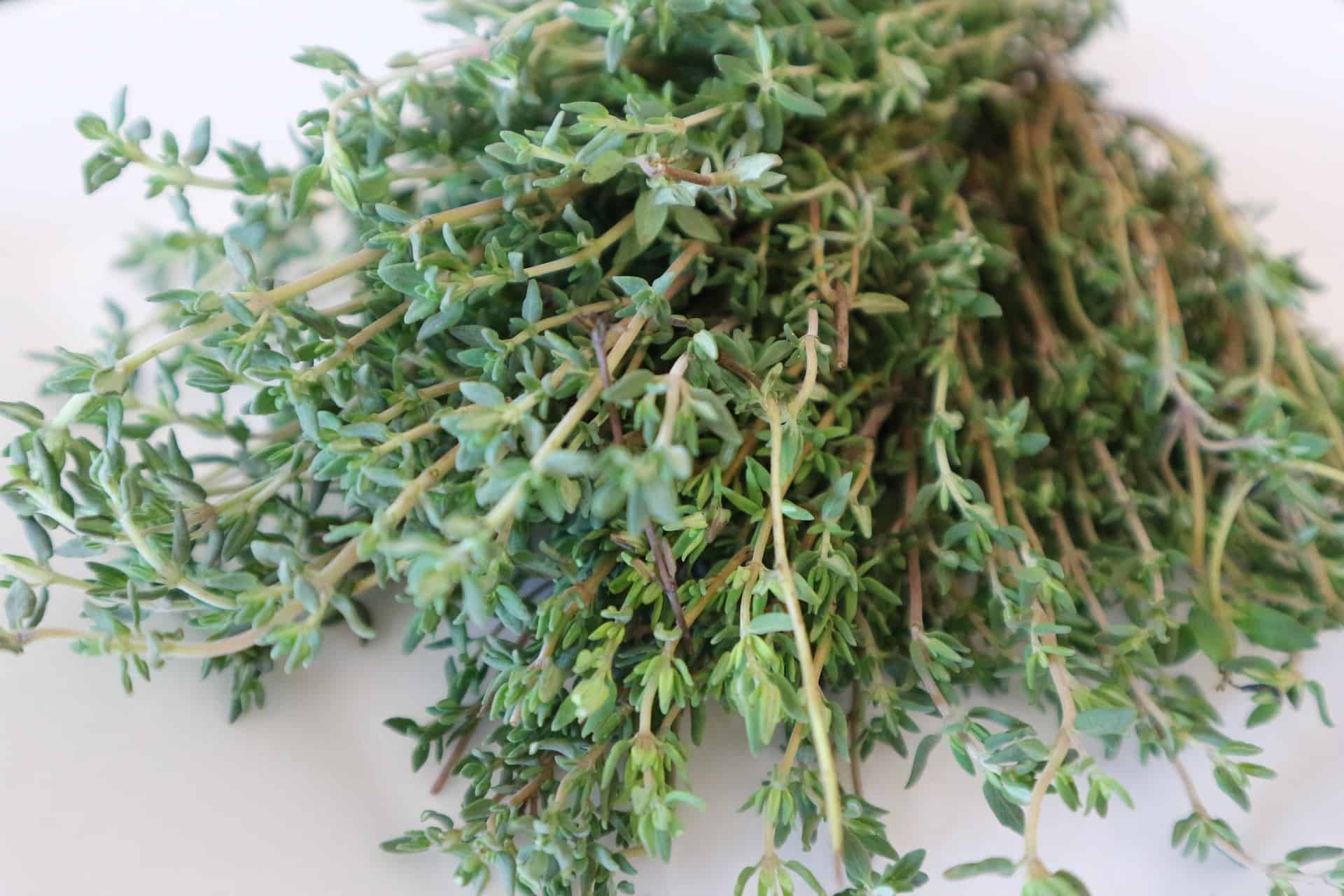
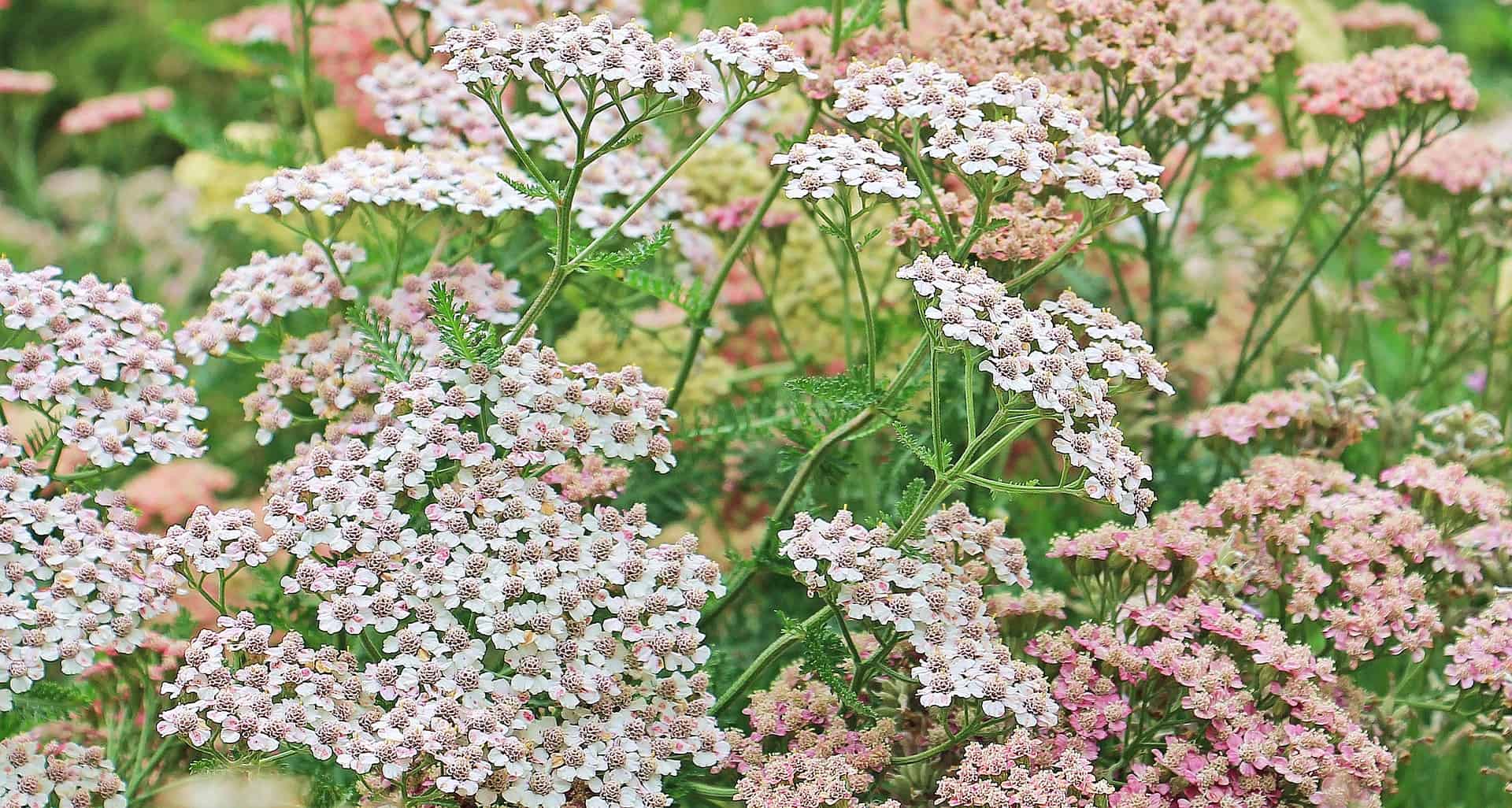
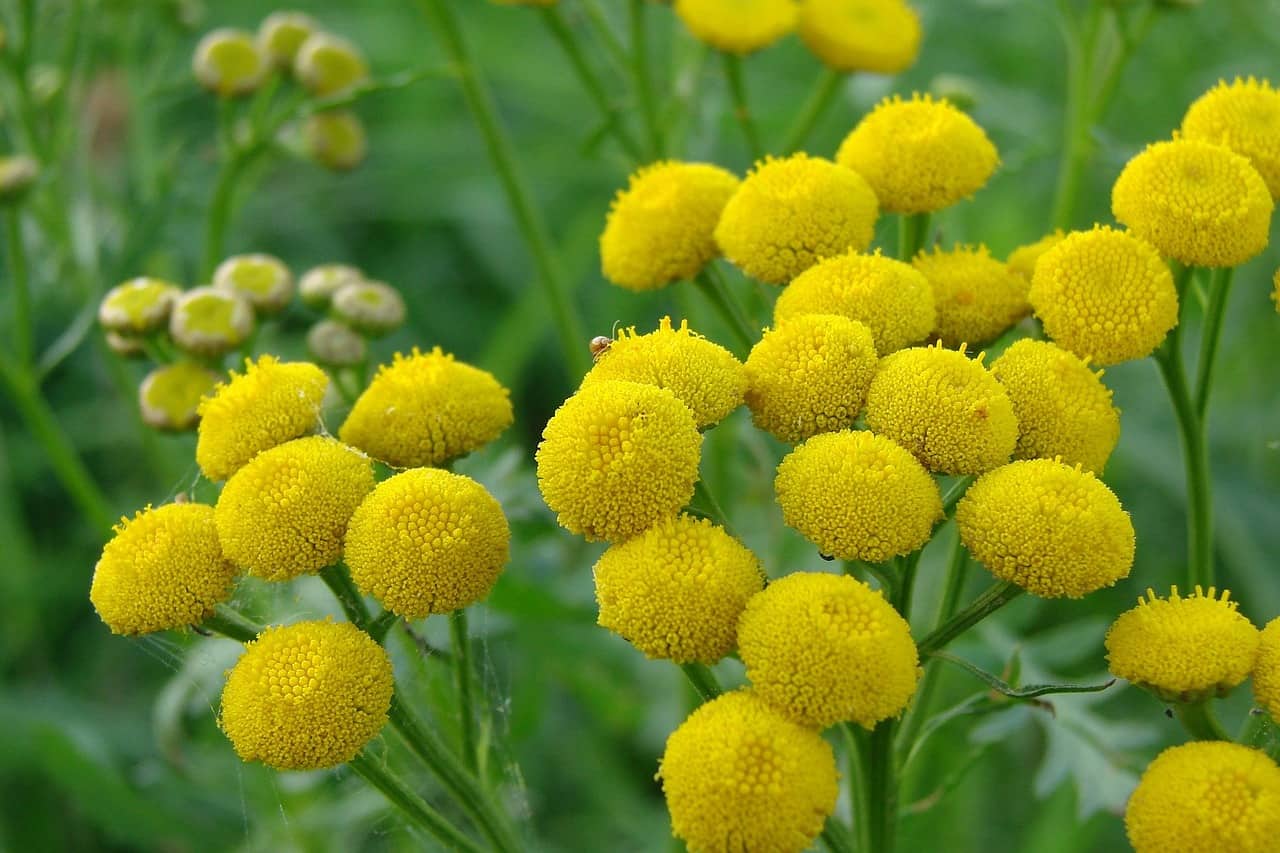

One Comment